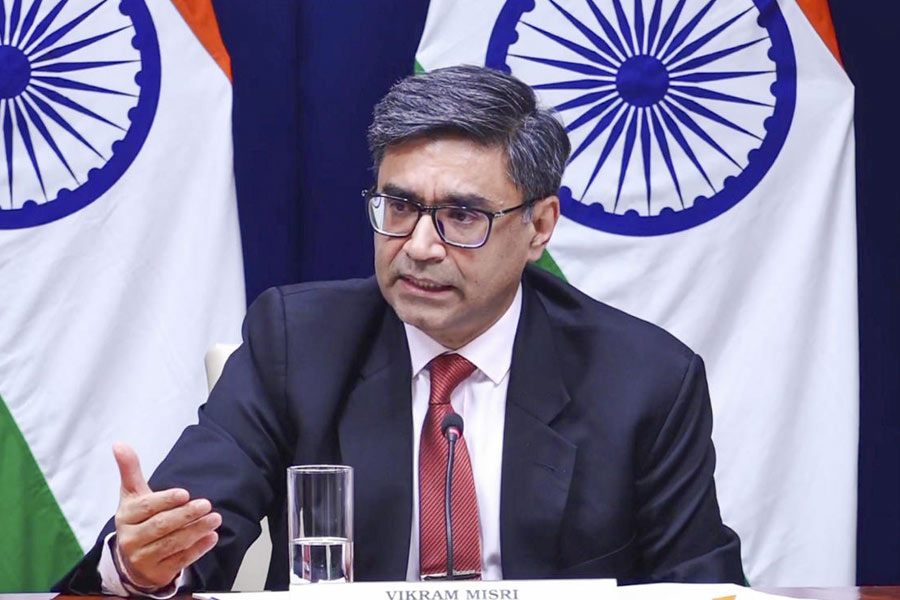The visit to Dhaka by the foreign secretary, Vikram Misri, offered a vital opportunity for India and Bangladesh to reset a relationship under rare strain since the ouster of the former prime minister, Sheikh Hasina Wazed, in August. Mr Misri met Muhammad Yunus, the interim head of government in Bangladesh, and senior leaders handling the country’s foreign affairs. In comments to the media after those meetings, the Indian foreign secretary said that he had articulated New Delhi’s concerns over a spate of attacks on Hindus and other minorities as well as on religious and cultural institutions in Bangladesh in recent weeks. At the same time, he made it clear that India was keen to work with the current Bangladesh administration to ensure that their differences do not break down ties that directly affect millions of families on both sides of the border and are critical — strategically — for both New Delhi and Dhaka. But walking that talk will not be easy, and tripping up could prove costly.
Both governments face domestic political pressures that they must acknowledge if they are to rebuild any trust. Given the ruling Bharatiya Janata Party’s politics in India, the attacks on Hindus in Bangladesh make it impossible for New Delhi to not highlight the concerns of religious minorities to Dhaka even though India itself faces global scrutiny for its track record on the protection of minority rights under Narendra Modi’s watch. India’s support for Ms Wazed’s government when she was in power and its decision to host her in exile have made New Delhi deeply unpopular among large sections of Bangladeshis. Mr Yunus cannot appear to be insensitive to those sentiments. India must remember that it cannot turn back time. The Bangladeshi State it was dealing with four months ago no longer exists and New Delhi’s options are limited. Mr Yunus and his team are battling pressure from the Bangladesh Nationalist Party and its Islamist allies, including the Jamaat-e-Islami — groups that are traditionally anti-India — to hold elections soon. The current government wants the polls to be held only in 2026. The BNP and the Jamaat are likely to make major gains in the elections when they are held. Unless India regains at least some of the public goodwill it once enjoyed in Bangladesh, but now appears to have lost, the future of its ties with Dhaka looks bleak. It is a bitter pill to swallow but Mr Yunus might yet be India’s best bet in Dhaka.











